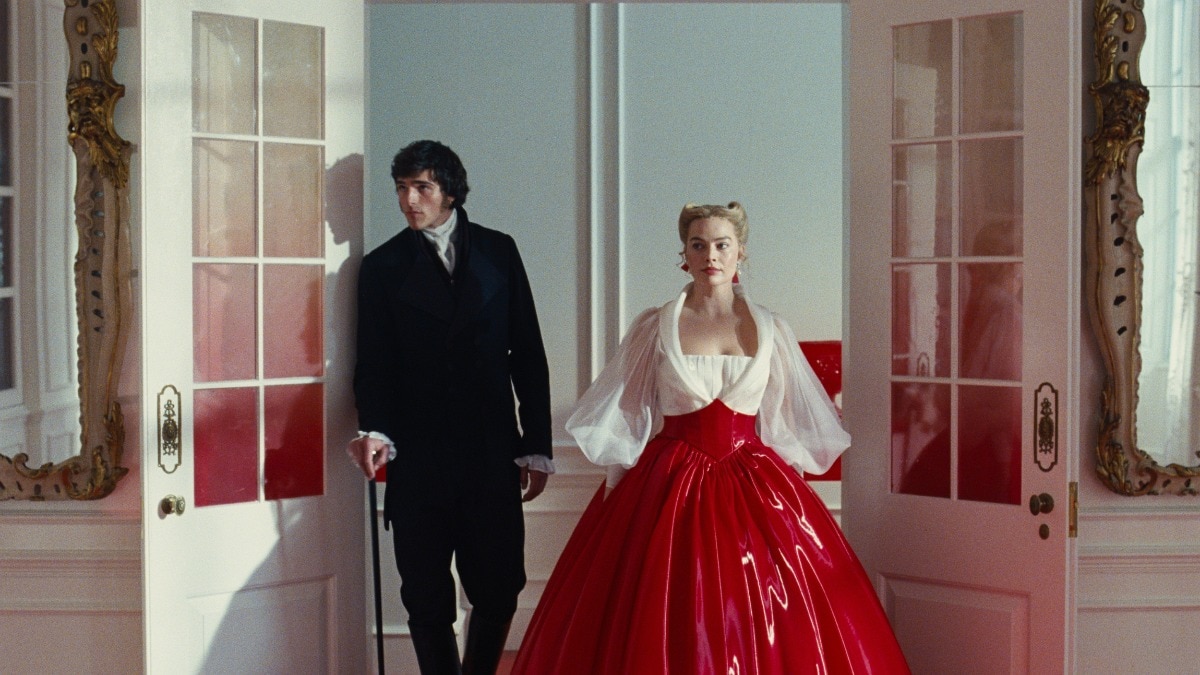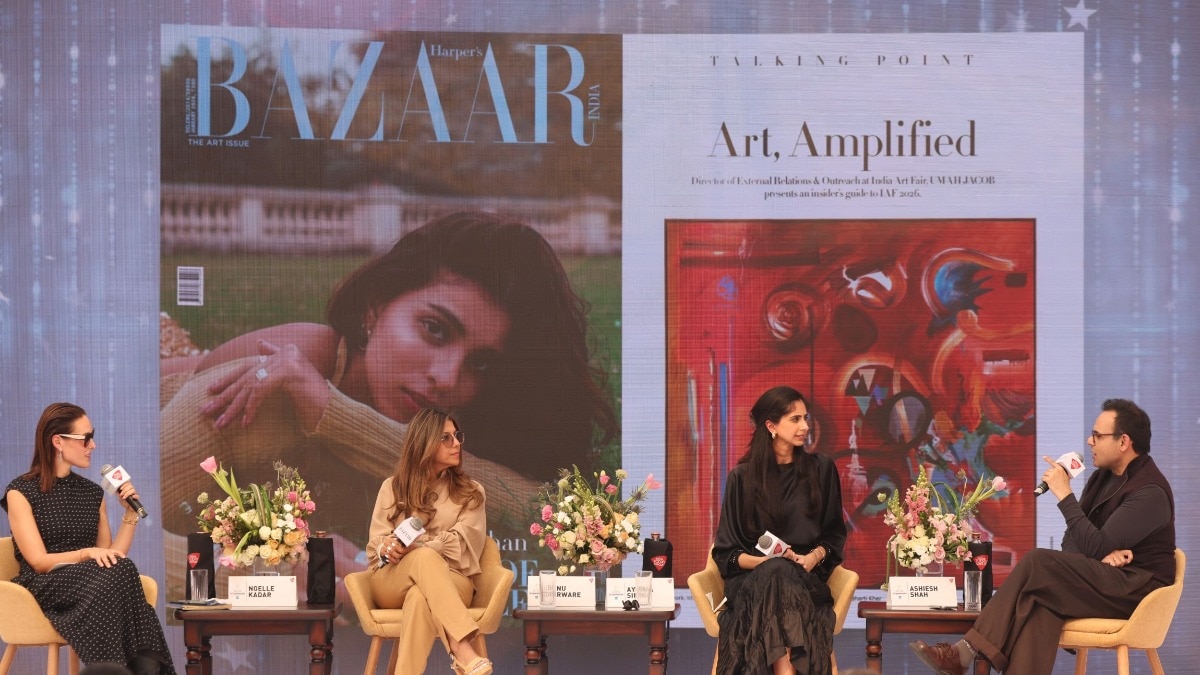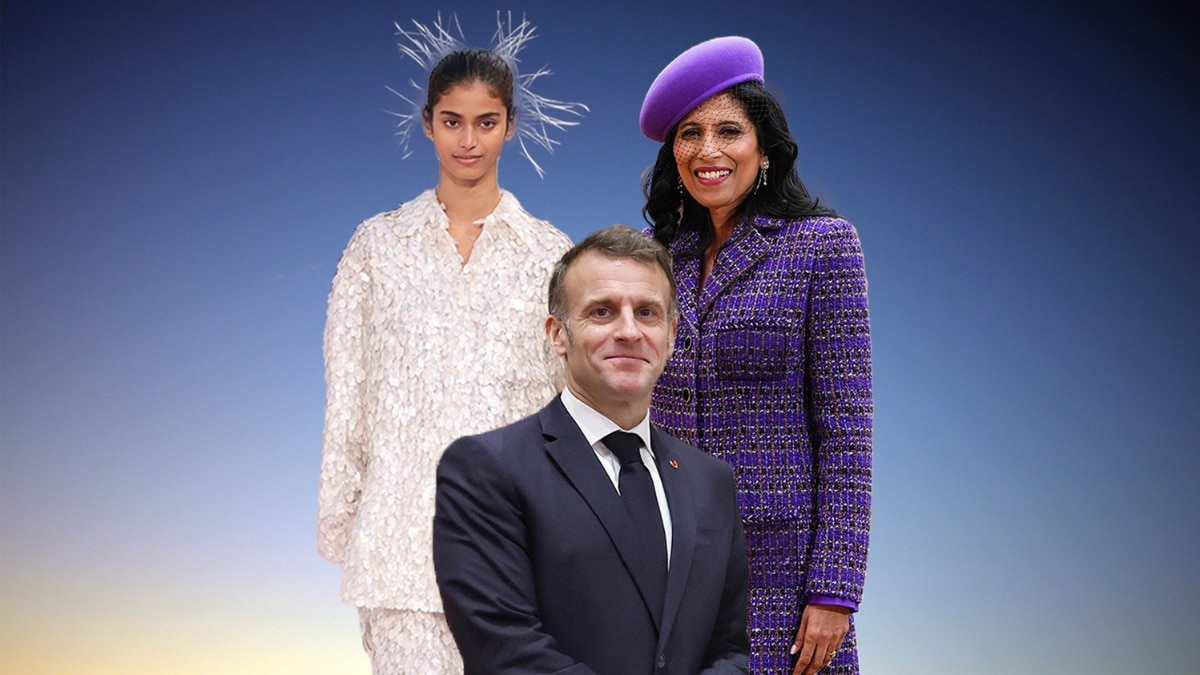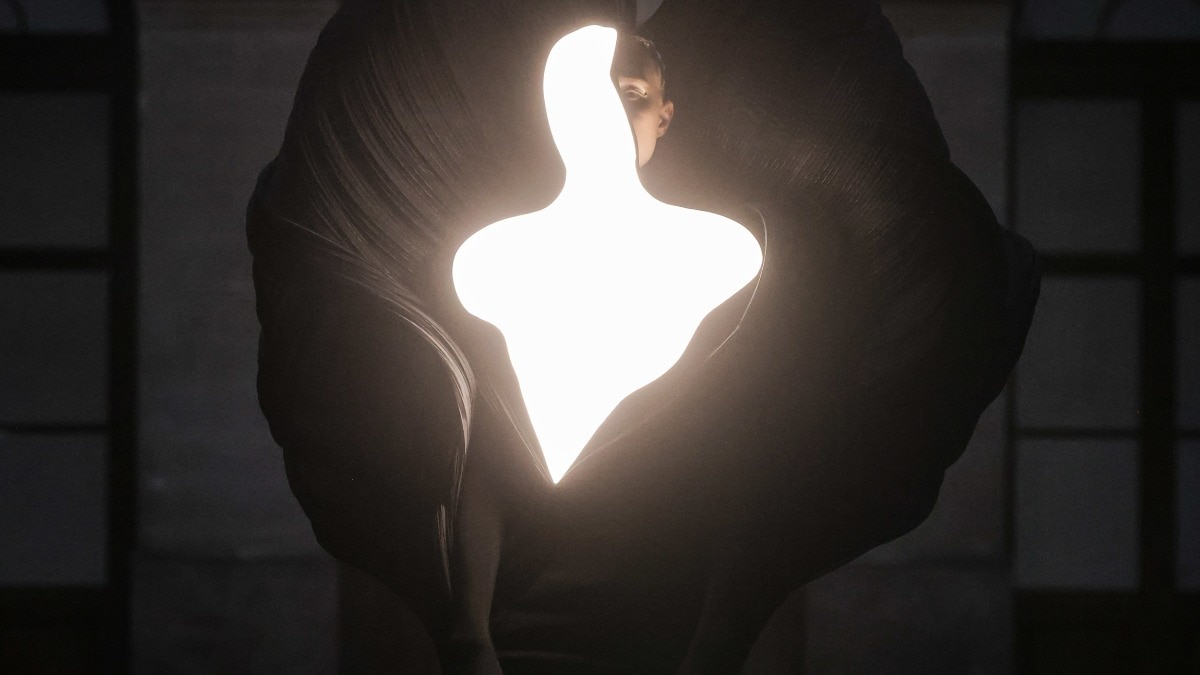What happens when boomers, Gen X, millennials, and Gen Z share the same office boardrooms?
As four generations—from boomers to Gen Z—share space in Indian offices, a quiet revolution is unfolding in how we work, communicate, and understand each other.


It’s 10:00 a.m. in a glass-walled office in Mumbai’s Lower Parel. A Gen Z intern is screen-sharing a Canva deck; her millennial manager is editing on OneNote; the Gen X account lead insists on a physical printout. Meanwhile, the founder—a boomer in crisp linen—still jots his thoughts in a diary embossed with the company logo.
This isn’t chaos. This is India’s new workplace reality, where four generations—each with distinct values, tools, and temperaments—are collaborating, sometimes clashing, and often learning to co-exist.
There is a new kind of tension simmering in the modern workplace—one that doesn’t happen in corner offices or boardrooms, but in Slack channels and WhatsApp groups. When a Gen Z employee drops a meme in the team chat, the Gen X manager responds with a thumbs-up emoticon, and the Boomer boss follows with a formal “Noted.” What was meant to be a casual exchange suddenly feels...weirdly charged.
“Honestly, it feels like a family wedding every day,” laughs Aditi Rao*, a marketing manager at a Mumbai-based public relations company. “The seniors bring experience, the millennials bring hustle, and the Gen Zs bring sass. You just hope no one gets offended before lunch.”
From hierarchy to collaboration
For decades, the Indian workplace was steeped in hierarchy—titles mattered, cabins symbolised authority, and communication flowed strictly top-down. But the past few years, driven by start-up culture and remote work, have upended that equation. A Gen Z associate can now text the CEO directly, while a 50-year-old manager might be learning Instagram analytics from someone who wasn’t born when the first iPhone launched.
“Earlier, you earned the right to speak up,” says Vivek Menon*, an HR consultant who has worked with both legacy conglomerates and new-age unicorns. “Now, everyone’s expected to have an opinion—and that’s both refreshing and terrifying.”
The pandemic only accelerated this shift. As organisations went remote, traditional gatekeeping dissolved. Suddenly, it didn’t matter how senior you were—everyone was equally blurry on those Zoom calls and Google Meets.
The tone tension
A Boomer manager ends a sentence with a period; the Gen Z intern reads it as passive-aggressive. A Gen X team lead types “ok”; a millennial perceives tension. A Gen Z writer reacts with a GIF; the CEO is unsure whether it’s approval or mockery.
Older generations, still largely in leadership, associate respect with formality and speed of response. Younger professionals, especially Gen Z, value boundaries, informality, and mental health transparency. One side sees “no emojis” as discipline; the other sees it as detachment.
As companies diversify across ages, these cultural codes are being rewritten in real time—sometimes awkwardly, often hilariously.
Reverse mentoring and relearning
At Rao's Mumbai-based PR agency, the weekly team meetings start with a “skill share”—a Gen Z intern teaches Instagram reels hacks, while the 44-year-old VP explains client diplomacy. It’s part of an informal reverse mentoring initiative that’s gaining ground across India’s creative and corporate sectors.
“Earlier, mentorship was one-way. You learned from your boss,” says Pooja Nanda*, the agency’s creative director. “Now, I am learning from my juniors every week—how to use AI tools, what Gen Alpha slangs mean, even what is trending on Indian social media.”
At the same time, older generations are rediscovering their value. “A 22-year-old may know how to make a viral video,” says Nanda, “but I know how to stop a client from pulling out of a two crore campaign because of one 'typo', as they call it!"
Empathy as the new KPI
If there is one skill that is proving essential in this intergenerational maze, it’s empathy. “When a 21-year-old tells me she is taking a mental health day, my first thought used to be that back in my day, we just powered through,” admits Ravi Sethi*, 58, senior VP at a finance firm. “But then I realised she is doing what I never felt allowed to—setting boundaries.”
Similarly, younger employees are learning patience and perspective. “I used to roll my eyes at long e-mail chains,” says Rao, laughing. “Now I understand—it’s not inefficiency, it’s accountability. They grew up in a time when paper trails mattered.”
These conversations—sometimes awkward, often illuminating—are slowly reshaping how Indian offices function. Work is no longer about compliance; it’s about connection.
The way forward
As India’s workforce becomes younger yet more multi-generational than ever, companies are learning that the real innovation lies not in tech, but in people understanding people. HR teams are ditching cookie-cutter engagement strategies for culture-building tailored to generational needs—mentorship circles, no-meeting Fridays, and digital detox policies.
“It’s messy, it’s emotional, and it’s human,” says Menon. “But that’s the beauty of it—India’s work culture is evolving without losing its heart.”
Because at the end of the day, whether you grew up sending faxes or making reels, we are all just trying to make Mondays a little more bearable.
*Names have been changed to protect the identity and privacy of individuals.
Lead image: IMDb
Also read: Taylor Swift is a conflicted, perplexing showgirl
Also read: How Neeraj Ghaywan’s 'Homebound' turns everyday detail into a cinema of honesty










